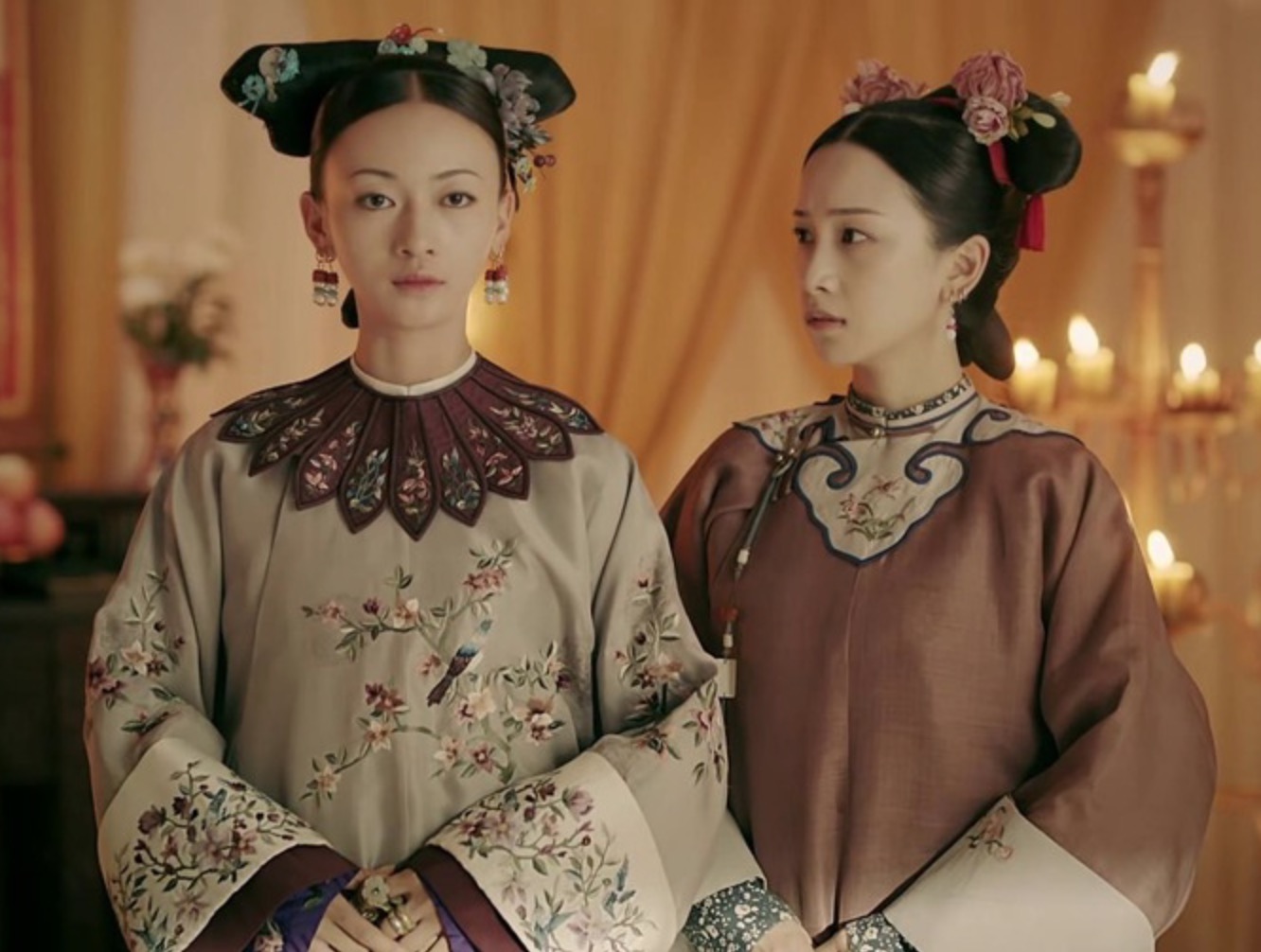The Chinese drama “Story of Yanxi Palace” became the most googled TV show of 2018, which is somewhat surprising given not only the country’s political climate, but the fact that Chinese citizens do not have much access to Google. Even so, they have still managed to overwhelmingly show love for their favorite drama. And, they have good reason to love it as much as they do.
In a country where the female has been traditionally regarded as passive and submissive, “Story of Yanxi Palace” gives Chinese women the opportunity to see what an independent woman in their country could look like. The shows that Chinese citizens typically have access to feature women who are subservient and docile, so it is understandable that audiences are breaching their country’s restrictions to see “Yanxi Palace.”
Taking place in the 18th century, the show follows the story of its heroic protagonist, Wei Yingluo, who does not live the life most women of the time period did, nor the life that Chinese viewers usually see the characters they watch or read about living. She does not embody the passivity Chinese women have traditionally been told they need to exhibit from the moment they leave their mother’s womb. Rather, she becomes an investigator who is determined to solve the case of her sister’s possible murder and determine who the perpetrator actually is.
Wei becomes a palace embroiderer not to fulfill her duty as a woman to provide for her family, but to secretly investigate the mysterious, unexpected death of her sister, whose passing was likely a murder. By going undercover, Wei would be able to find out who killed her.
At first, Wei comes to the conclusion that Fuca Fuheng, an imperial guard, is the prime suspect, so she plots approaching his sister, the Empress Fuca Rongyin, to get answers.
Wei is successfully transferred from the embroidery unit to the Empress’s Changchun Palace to become her maid. Yet, she eventually learns the Fuca siblings are genuine, compassionate people who have nothing to do with the crime. Consequently, the quest to answer the question of who killed her sister continues anew.
The young woman gains what most women of the time did not in their lifetimes: an education. The Empress Fuca, who Wei once believed to be part of the group that killed her sister, taught her how to read and write, in addition to the protocol that comes with being a noblewoman at the time. Wei makes a genuine connection with the empress, as Wei also helps her survive the schemes of her chief rivals and makes herself available as a confidante.
Never would Wei forget to avenge for her sister’s death, though. She eventually determines her sister’s murderer to be a consort of the late Emperor Youngzheng and the mother of Emperor Qianlong’s half-brother. In her rage, she strives to kill the perpetrator. The empress prevents her from committing a crime committed against her sister by banishing her to the palace’s sanitation unit. In the unit, she befriends and also pledges to be sworn brothers with a simultaneously handsome and conniving individual, Yuan Chunwang, who is likely revealed to be a bastard son of Emperor Yongzheng.
Wei’s fieriness contributes to the show’s popularity; it makes the show stand out, considering how women acted in 18th century China. Because the show centers around the power struggles amongst Emperor Qianlong’s concubines, her assertion over her family’s tragic circumstances and the reality women faced (and to some extent, the reality Chinese women still face), it is refreshing.
The series now has been streamed more than 15 billion times on iQiyi, China’s equivalent of Netflix. The show premiered in July, prior to reaching domestic TV channels and over 70 markets abroad. “Yanxi Palace” was the most watched online drama in China for 39 consecutive days over the summer.
The accolade of being the most Google-searched TV show of 2018 is the most compelling of all, though. China ensures that it maintains control over its people. The communist country sanctions literature like “Animal Farm” and “1984,” as well as Disney, social media platforms and other websites. Another means of sanctioning Chinese citizens is “gait recognition” software the government uses to help it round-up minorities for its cattle-prod equipped, razor-wire “re-education camps.”
However, Chinese citizens still have the chance to rebel and question things, just as Wei does. The show motivates people to continue fighting for the future, regardless of how bleak it appears to be.
Wei is the heroine of the show, and she embodies the independence Chinese women were not always taught to demand. The show is based on a novel by Zhou Mo, and Wei’s character was inspired by the real-life consort of Emperor Qianlong. The story follows Wei as a woman of Han Chinese ethnicity in the Qing dynasty — the last imperial dynasty in China ruled by the Manchu people that suppressed the Han people.
Wei’s most notable line from “Yanxi Palace” is: “I, Wei Yingluo, am naturally hot-tempered and not to be pushed around. Whoever keeps talking [nonsense], I have all kinds of methods to go against her.” The line is fitting. Wei showed how women can have the capacity to stand for their own rights and reject ones they do not see fit.
















